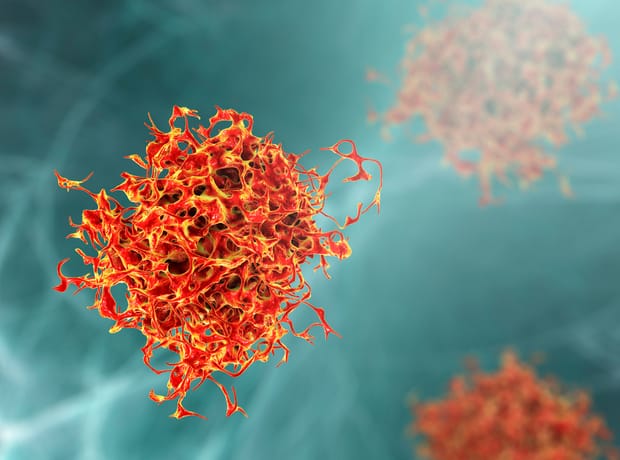Head and neck cancer is currently recognized as the sixth most common cancer worldwide.
Researchers from Guy’s and St Thomas’ University and King’s College London (KCL) have found that certain bacteria are toxic to head and neck cancer, which could lead to improved outcomes for patients.
Published in Cancer CommunicationThe research was funded by Guy’s Cancer Charity and Cancer Research UK through the City of London Cancer Centre.
Head and neck cancer is currently the sixth most common cancer in the world, affecting around 1,000 people in the UK every month.
In an analysis of head and neck cancer patients, the team found that those with higher levels of Fusobacterium, which is usually associated with advanced colorectal cancer, had a better prognosis than those with lower levels of the bacteria.
Overall, the number of viable cancer cells in head and neck cancer cell cultures was reduced by 70% to 99% after infection with the bacteria, as the bacteria destroys tumors by releasing toxic molecules that reduce their viability.
The findings suggest that the bacterium could serve as a biomarker for the effectiveness of head and neck cancer treatments, potentially aiding in the development of gentler treatments with fewer side effects, thereby optimizing patient outcomes.
Lead author Dr Miguel Reis Ferreira, Consultant in Head and Neck Cancer at Guy’s and St Thomas’ Hospitals and Senior Clinical Lecturer at KCL, said: “This study reveals that these bacteria play a more complex role in relation to cancer than previously known, namely by essentially lysing head and neck cancer cells.”
“Next, we hope to better understand how this new knowledge can be applied to improve care for patients with head and neck cancer and other cancers.”
In July, KCL researchers Policy Review Published in The Lancet OncologyTogether with cancer specialists and experts from across the UK, we have identified the top 10 challenges currently facing the UK’s new government.








